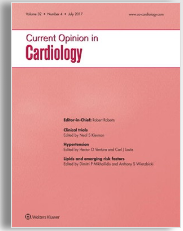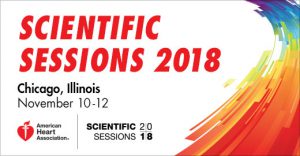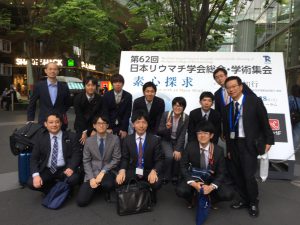 The genetics of atrial fibrillation
The genetics of atrial fibrillation
Hayashi K, Tada H, Yamagishi M.
Curr Opin Cardiol. 2017 Jan;32(1):10-16. ![]()
Impact Factor (2017): 2.08
心房細動は特に高齢者に多く認められる不整脈ですが、若年者や家族内に認められることがあり、そのような症例では単独で心房細動を引き起こしうる遺伝子変異が見つかることがあります。一方、影響力はそれほど強くないものの心房細動発症に関わっている遺伝子多型がいくつか報告されています。これら複数の遺伝子多型を組み合わせることにより、心房細動や脳梗塞の発症をある程度予測することが可能となっています。
Abstract
PURPOSE OF REVIEW:
To describe recent findings regarding the role of rare and common genetic variants in atrial fibrillation.
RECENT FINDINGS:
Atrial fibrillation is associated with several clinical risk factors and
its development is affected by genetic background. To date, rare variants from more than 30 genes have been identified from studies of familial cases or individuals with lone atrial fibrillation. In addition to using the candidate gene approach for the identification of rare variants, next-generation sequencing approaches such as genomic, whole exome and targeted sequencing have been employed. Furthermore, evidence of association between common variants and atrial fibrillation has been discovered through genome-wide association studies. Although the power of any one single-nucleotide polymorphism (SNP) associated with atrial fibrillation is weak, a genetic risk score comprising 12 SNPs may identify individuals at an increased risk for atrial fibrillation. This SNP panel may also delineate genotypes to enable stratification of atrial fibrillation ablation therapy or periinterventional management.
SUMMARY:
Although studies have demonstrated that atrial fibrillation is highly heritable, many aspects of atrial fibrillation remain unknown. Rigorous research efforts continue with the expectation that the contribution of variants and candidate genes that contribute to the overall genetic architecture of atrial fibrillation will be identified and characterized in the coming years.















